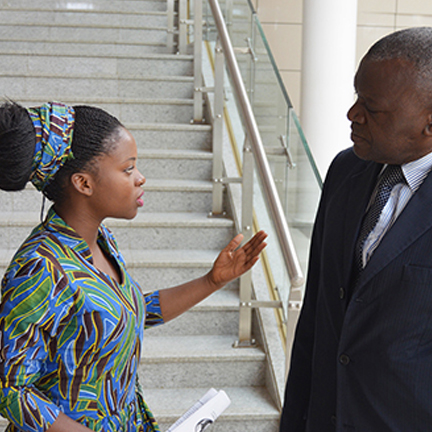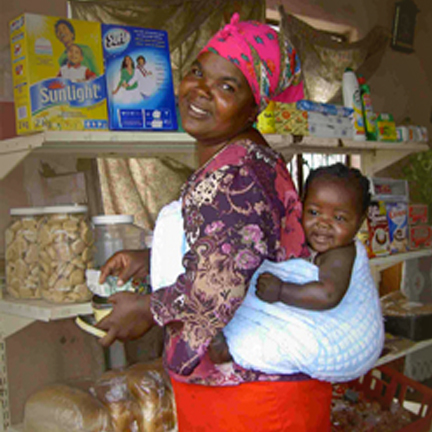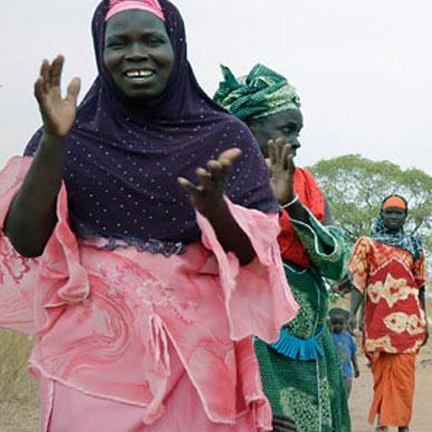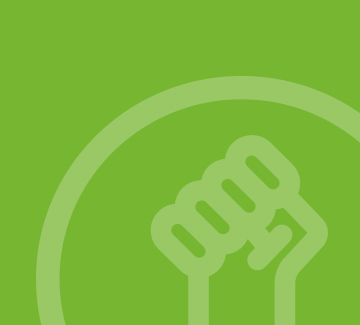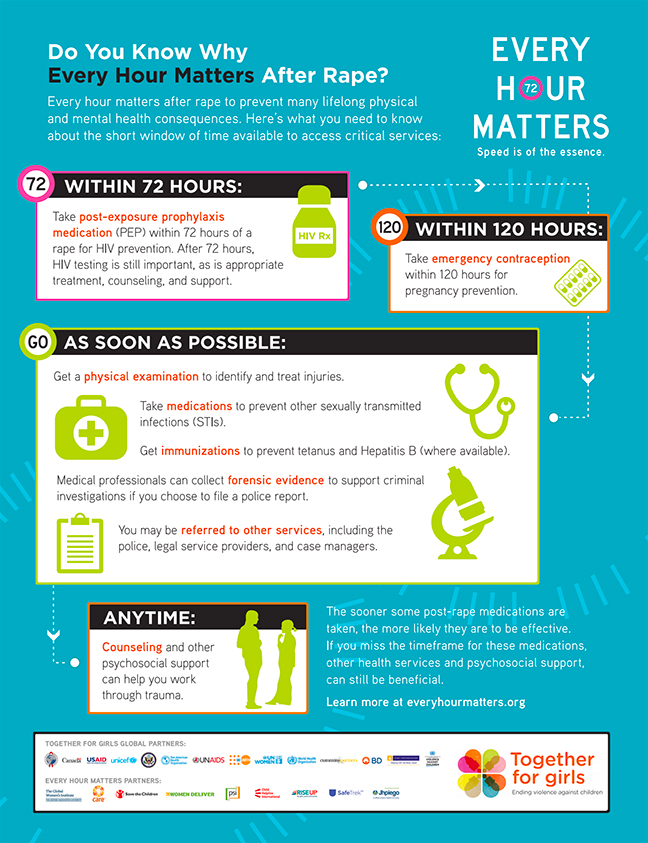Dramatically Reduce Gender-Based Violence and Harmful Practices
As long as girls and women fear for their safety, they cannot realize their full potential. Securing their dignity rests upon eliminating the threat of gender-based violence and harmful practices everywhere.
Gender-based violence (GBV) is a phenomenon that transcends social, economic, and geographic borders. Impacting girls and women all over the world, GBV is rooted in power imbalances between the sexes and fueled by multiple factors, including cultural norms, social acceptance of harmful practices, and insufficient legal protections.
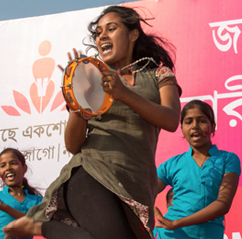
Need Evidence
and Strategies?
-

1 in 3 women experience physical or sexual violence in their lifetime, mostly by an intimate partner
-

12 Million girls under the age of 18 are married off every year
-

200 million girls and women have been subjected to female genital mutilation/cutting
-

Economists found that investing in the elimination of gender-based violence is one of the 19 most cost-effective SDG targets
-

Gender-based violence can cost countries 1.2% to 3.7% of their GDP
Investing in girls and women creates a ripple effect that yields multiple benefits, not only for individual women, but also for families, communities, and countries. Investing in the elimination of GBV and harmful practices is both ethical and practical. While little evidence exists regarding the costs-effectiveness of GBV interventions, the costs of inaction – including physical and mental health impairments, loss of productivity, and costs related to social, legal, and medical service provision – are staggering.
Solutions in Action
-
Eradicating Child Marriage in Malawi
Let Girls Lead, through the utilization of an incubator-style model, has worked with local leaders who empower girls to advocate for their rights. By providing them with funding, training, and the ongoing support they need to advocate effectively, chiefs in 22 villages have created bylaws that outlaw child marriage, charging men a fee of seven goats if they engage in the practice. Since 2011, not a single case of child marriage has occurred in southern Malawi – a testament to the power of this innovative strategy. -
Intervention with Microfinance for AIDS and Gender Equality
South Africa’s IMAGE study targeted women living in the poorest households in rural areas and combined financial services with training and skills-building workshops on gender and cultural norms, communication, intimate partner violence, and HIV prevention. The program also encouraged the participation of boys and men. Study results revealed that, two years after completing the program, the participant group reported 55% fewer acts of violence by their intimate partners in the past year compared to the group that did not participate. After the program, participants were also found to disagree more often with statements that consented to physical and sexual violence towards an intimate partner. -
-
TOSTAN Supports Women as Agents of Change
Through education and community mobilization, Tostan supports women as agents of change in their communities across Guinea, Guinea-Bissau, Mali, Mauritania, Senegal, and the Gambia. Education and community engagement programs help community members identify traditional practices that are barriers to good health. The community mobilization component culminates in a public declaration renouncing the harmful practices they have identified, such as FGM. Villages participating in the program had lower proportions of women and girls subjected to this harmful practice.
Policy Asks
-
Enact and enforce comprehensive legal frameworks and policies to protect against gender-based violence (GBV), including all forms of harassment, and harmful practices, such as child, early, and forced marriage and female genital mutilation/cutting.
-
Invest in prevention programs that end GBV and harmful practices and empower girls and women to claim their rights.
-
Scale up efforts targeting harmful gender norms and educate young people, women, and men about GBV and harmful practices, including through community-based programs.
-
Train all health providers to address GBV and harmful practices to ensure that needed services are available, accessible, acceptable, and of quality for all.
-
Implement comprehensive sexuality education that addresses gender inequity, gender roles, GBV, and the rights of young people to seek services and justice.
-
Invest in the women’s movements in civil society.

